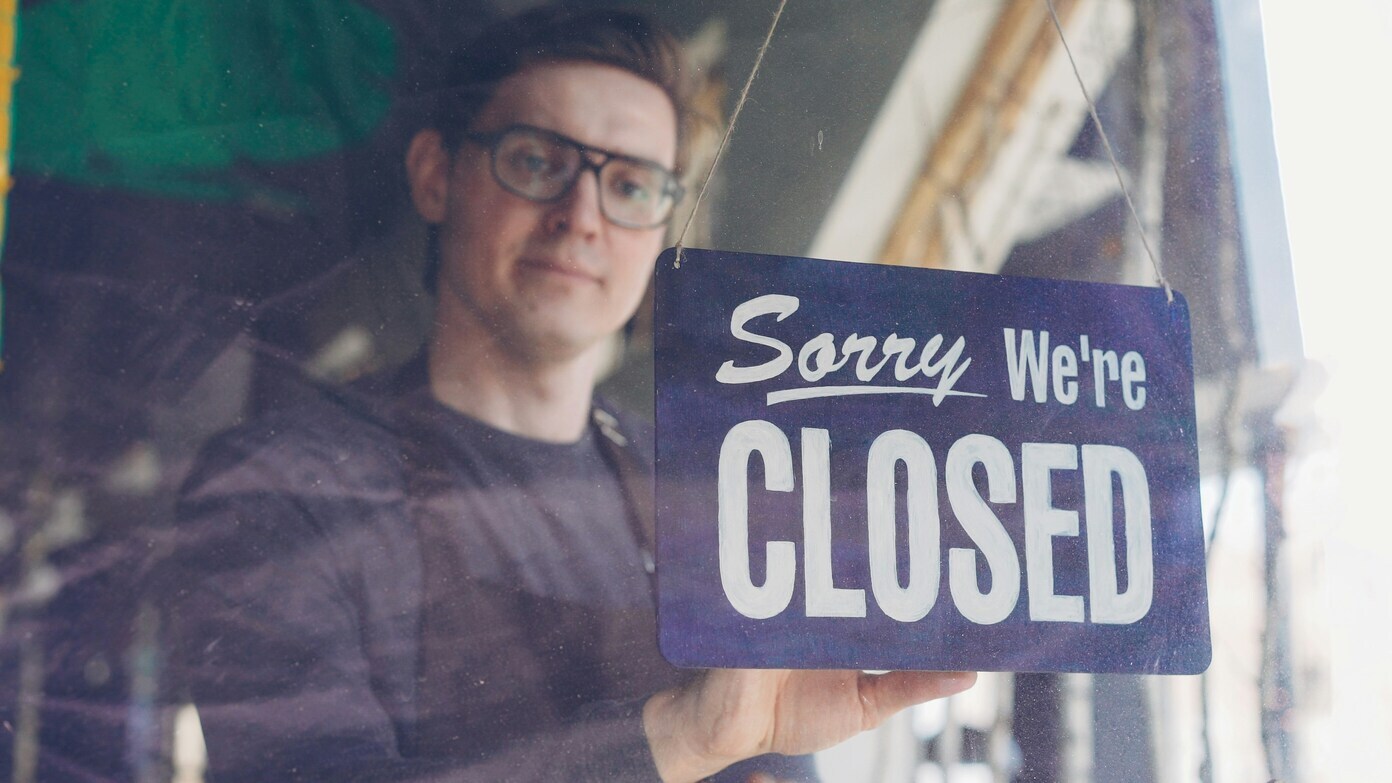If you thought grocery shopping was all about milk, eggs, and a checkout line that moves slower than a turtle, think again. Kroger is shaking things up — and not in the “new snack aisle” kind of way. The retail giant has announced it’s closing several stores across the U.S. in August 2025 as part of a plan to focus on stronger locations and invest billions into its future.
Why is Kroger closing stores?
Kroger says the closures are happening because some stores simply aren’t profitable enough to keep open. In a statement, the company explained that at least a dozen stores will shut down over the next 18 months, representing just 2% of its locations nationwide. While that may sound small, for employees and local shoppers, these closures feel a lot bigger.
The company isn’t packing up entirely — far from it. Kroger expects to spend between $3.6 billion and $3.8 billion to build new stores, expand existing ones, and give many locations a much-needed facelift. Think brighter lighting, better layouts, and maybe fewer squeaky shopping carts.
Which stores are closing this month?
The closures are spread across several states. Here’s the list of locations shutting their doors in August and beyond:
- Georgia: 11877 Douglas Road, Alpharetta (closing August 16)
- Illinois: Mariano’s, 144 S Gary Ave., Bloomingdale (closing August 15)
- Illinois: Mariano’s, 2323 Capital Dr., Northbrook (closing August 22)
- Virginia: 1904 Emmett Street, Charlottesville (closing August 22)
- West Virginia: 2908 State St., Gassaway (closing August 22)
- Georgia: 3479 Memorial Drive, Decatur (closing September 13)
- Georgia: 3855 Buford Highway, Brookhaven (closing October 18)
- Tennessee: 1664 East Stone Drive, Kingsport (closing September 19)
- Virginia: 466 South Cummings Street, Abingdon (closing September 19)
That’s a lot of goodbye cakes to pick up before the doors shut for good.
What happens to employees?
Kroger says it will try to relocate employees from closing stores to other nearby locations, which could soften the blow for some workers. Still, the closures mean disruption for staff and shoppers alike.
What’s the big plan here?
This isn’t Kroger shrinking — it’s Kroger reorganising. By trimming unprofitable stores, the company hopes to pour resources into locations that are thriving. Over the next few years, you can expect to see upgraded stores with improved layouts, more fresh food options, and better online order pickup services.
So, while some neighbourhoods are saying farewell to their local Kroger, the chain insists it’s all part of building a stronger future.
What does this mean for shoppers?
If your go-to store is closing, you may need to switch locations or try curbside pickup at another nearby Kroger. But on the bright side, many closing stores are running liquidation sales, meaning steep discounts on groceries. (Yes, this is the rare time when buying 10 jars of peanut butter is considered “smart shopping”.)
The road ahead
By investing billions into store upgrades, Kroger hopes to stay competitive in an evolving grocery market that’s leaning heavily into convenience and digital services. Whether these closures feel like a bump in the road or a major loss depends on where you shop.
One thing’s for sure — Kroger isn’t leaving the grocery game. It’s just swapping out some of its older playbooks for a newer, shinier game plan.
Read this later:
Major recall of powerbanks after fires and explosions cause thousands of dollars of property damage
Bad news for fliers: budget airline facing an end to operations
Where is TD Bank closing locations? Why is the bank closing 38 branches?

